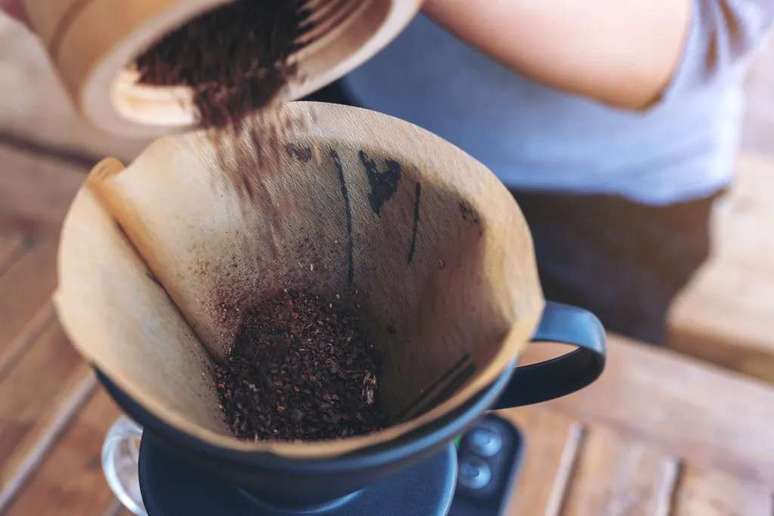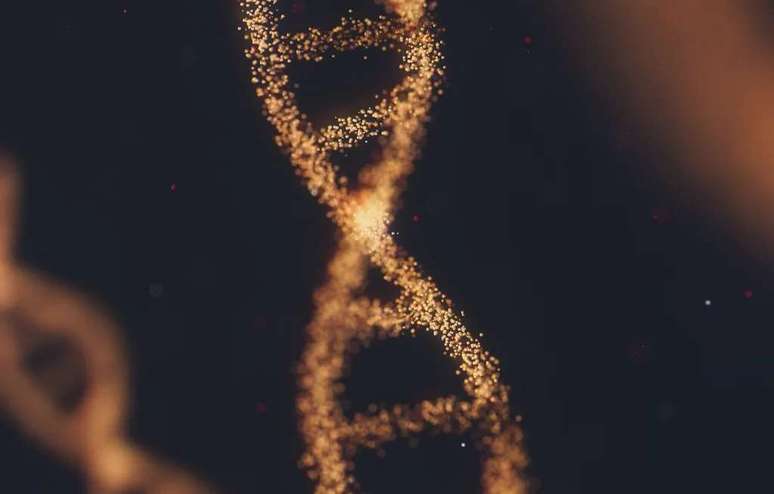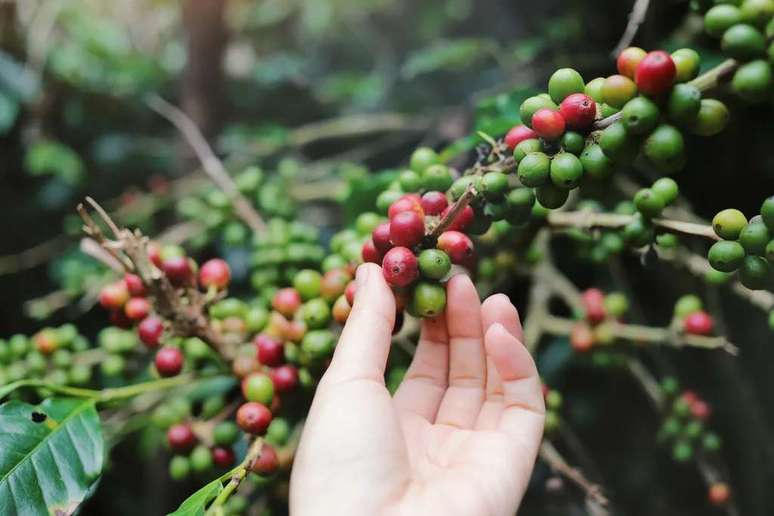On World Coffee Day, it is worth knowing that drinking a cup of coffee every day reduces the risk of death. Also, drinking pure beverages has genetic explanations
This Friday (14th) is World Coffee Day. Although the plant most likely appeared on the African continent, in Ethiopia, thousands of years ago, this is the most popular energy drink in Brazil. Indeed, the history of our country would be different if it weren’t for the coffee plant (Coffea sp.) and its characteristic red fruit.
- Coffee helps you live longer if you know how to drink it
- Coffee no longer gives you energy, but lends it to you – and the price is paid with effort
Few know it, but the first coffee plants arrived in Brazil in 1727, coming from French Guiana to the city of Belém, in Pará. Many years later, in the 19th century (between 1801 and 1900), the plant arrived in the Paraíba River valley and proliferated in the states of Rio de Janeiro, São Paulo, Minas Gerais and Paraná. Since then, the drink has given birth to a new national economic cycle and the rest is history. In fact it is still present, as we will see later.
While it’s immensely popular — as it’s hard to find someone who turns down a good cup of coffee, with or without sugar — there are many unknown facts about Brazilians’ favorite drink. Next, find out five fun facts about her!
1. Coffee reduces the risk of premature death

Science has already proven it: coffee is good for health, considering healthy people and moderate doses. If you have heart problems or have been diagnosed with attention deficit hyperactivity disorder (ADHD), it’s worth checking with your doctor how much drink you can drink per day. Sometimes, it’s not even recommended.
In addition to these specific cases of contraindication, several studies have already measured the benefits obtained among those who have the habit of drinking coffee on a daily basis. For example, drinking reduces the likelihood of a person having type 2 diabetes or even dementia (Alzheimer’s and Parkinson’s). Another recent survey, conducted by researchers at Jinan University in China, underlined this lower incidence of premature death from various causes associated with daily intake.
2. Extra strong coffee no longer contains caffeine

There is an idea that the stronger, bitterer and darker the coffee, the more caffeine and “energizing” effect the drink will have. However, this is just common sense, and more often than not, coffee marketed as extra strength is just of the worst quality. Without special features, such as an extra dose of caffeine.
What gives the coffee powder its color is the roasting process, which does not necessarily affect the amount of caffeine in the product. In this sense, extra strong coffee is “only” the most burnt of all. Since the grain is mostly roasted, it is in this batch that producers usually include lower-quality seeds and sometimes leaves and twigs from the crop that have not been properly separated. Simply put, it is the rest of the production and, as such, it is cheaper in the markets.
3. There is a scientific explanation for the habit of not using sugar in coffee

Even more contentious than the discussion of whether it’s a cookie or a biscuit is the debate between pure coffee aficionados and those who enjoy the sugary or sweetening drink. The most curious thing about this story is that, according to scientists at George Washington University in the USA, the fighting can be explained through biology..
After analyzing the consumption habits of over 500,000 Americans, the researchers discovered that the explanation for the preference most likely lies in genetics and in the degree of sensitivity of individuals to the effects of caffeine on the body. Those who do better with the effects of the substance and absorb it faster, on average, prefer not to add sugar. This group of people also tends to prefer dark chocolate.
4. Coffee is almost always Brazilian

At the beginning of this list, we briefly highlight the importance of coffee in the history of Brazil and reiterate that the product is far from being in the past. This is because, if you drink coffee anywhere in the world, the chances of consuming a Brazilian product are very high. Today our country leads the world production.
According to the data platform statesman, Brazil is the world leader in coffee production. To dimension the scale, adding the volume produced by the other three major producers (Vietnam, Colombia and Indonesia), the total value is still lower than the Brazilian production. In 2018, 69 million bags were produced, each containing 60 kilos of Brazilian coffee.
At the national level, the Ministry of Agriculture, Livestock and Supply (MAPA) informs that “the production of Arabica [a mais popular] it is concentrated in the states of Minas Gerais, as the largest producer, followed by São Paulo, Espírito Santo and Bahia. These four states concentrate 85% of the national production of this species”.
5. Use coffee in moderation

The idea of using a plant in moderation may seem alarmist, but coffee can truly be considered the most consumed psychoactive drug in the world. As such, substance abuse is capable of generating addiction. According to researchers at Johns Hopkins University in the United States, the most common symptoms of caffeine withdrawal are:
- Severe headaches;
- Fatigue;
- Dysphoric mood, such as a bad mood;
- Inability to concentrate;
- Flu symptoms.
According to scientists, in an article published in the journal Journal of Caffeine Research, “the severity of symptoms has been found to increase with increasing daily dose of caffeine.” So, the advice is: put a healthy limit on your consumption, even if today is World Coffee Day.
Source: With information: federal government, wired, Journal of Caffeine Research AND statesman
Trending on Canaltech:
- Hunger Success Review | The film brings a good social analysis albeit with errors
- Scientists discover how to drive brain cancer cells to self-destruct
- The video shows the hole spouting warm water on the ocean floor
- Dark matter distorts ancient light from the Big Bang and confirms Einstein’s theory
- The new Toyota Prius has absurd consumption in tests in Japan
- Does Dungeons & Dragons: Honor Among the Rebels have a post-credits scene?
Source: Terra
Rose James is a Gossipify movie and series reviewer known for her in-depth analysis and unique perspective on the latest releases. With a background in film studies, she provides engaging and informative reviews, and keeps readers up to date with industry trends and emerging talents.




![Un Si Grand Soleil Preview: Episode Summary for Wednesday, October 29, 2025 [SPOILERS] Un Si Grand Soleil Preview: Episode Summary for Wednesday, October 29, 2025 [SPOILERS]](https://fr.web.img3.acsta.net/img/58/48/5848773b26761cb500901ca4a1395bb8.jpg)

